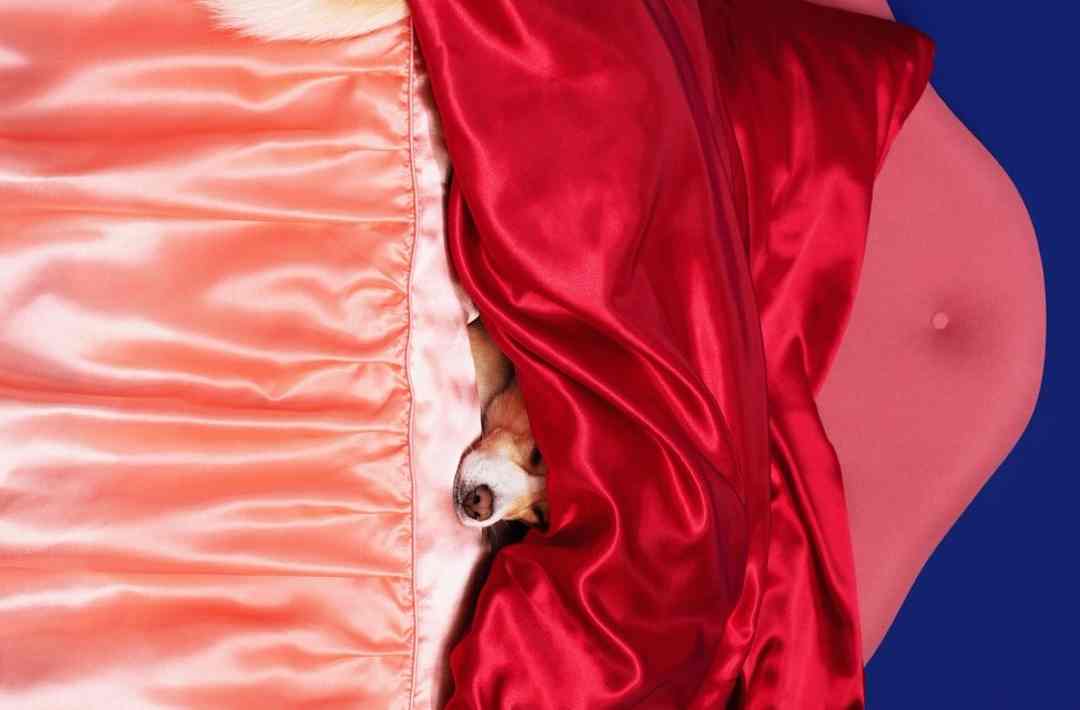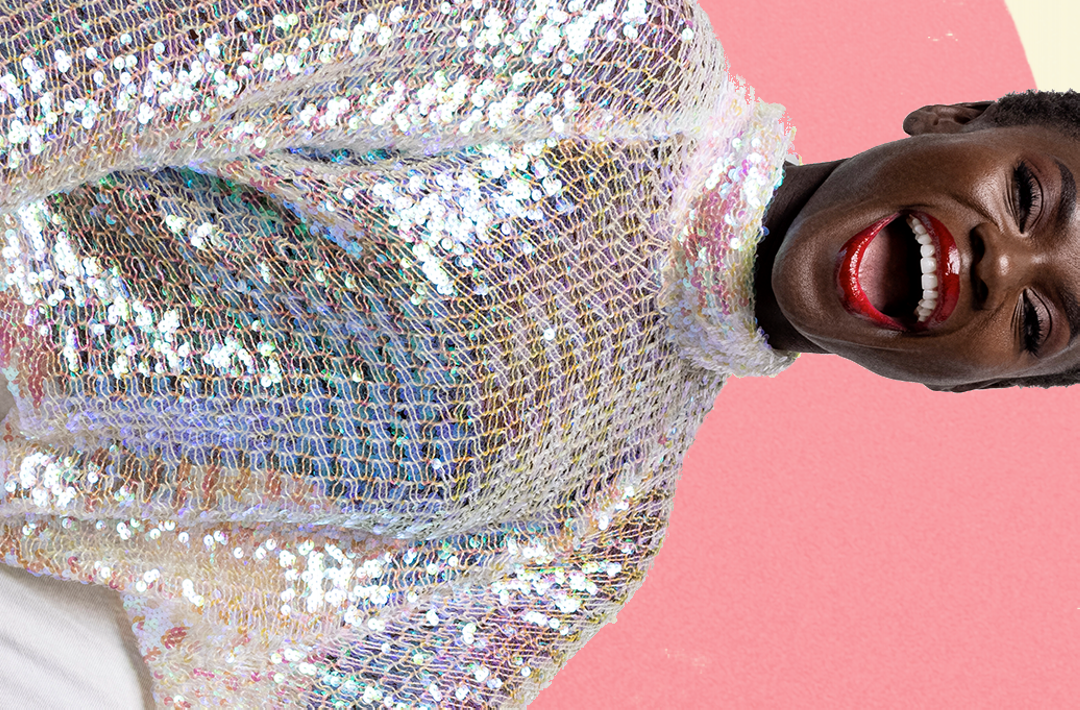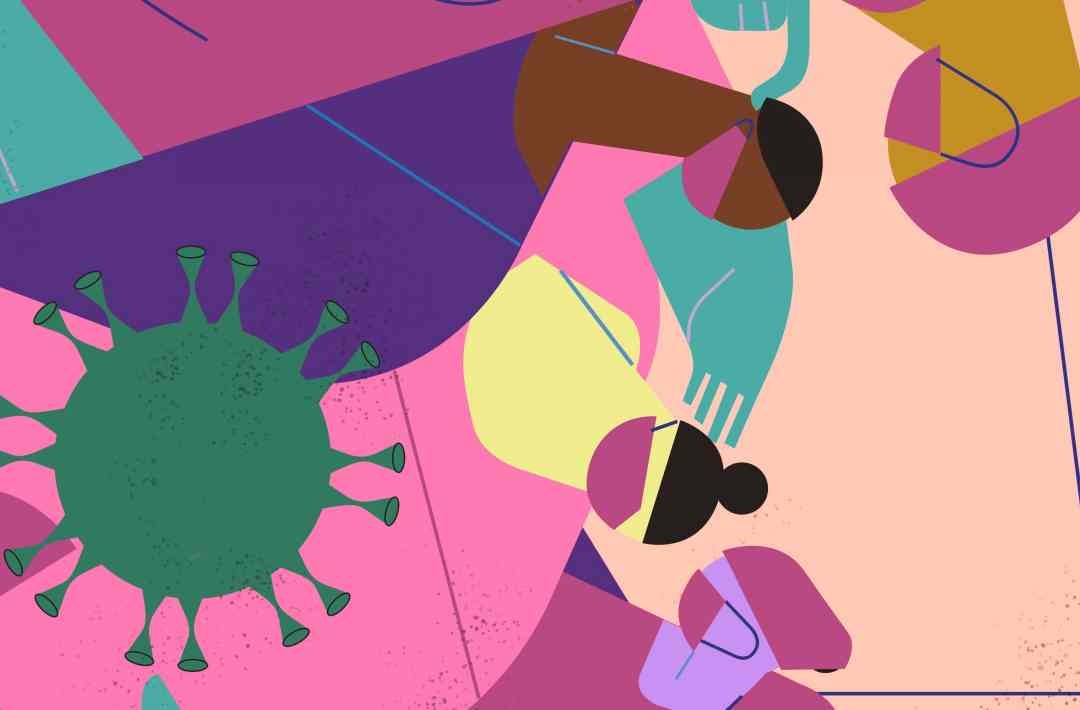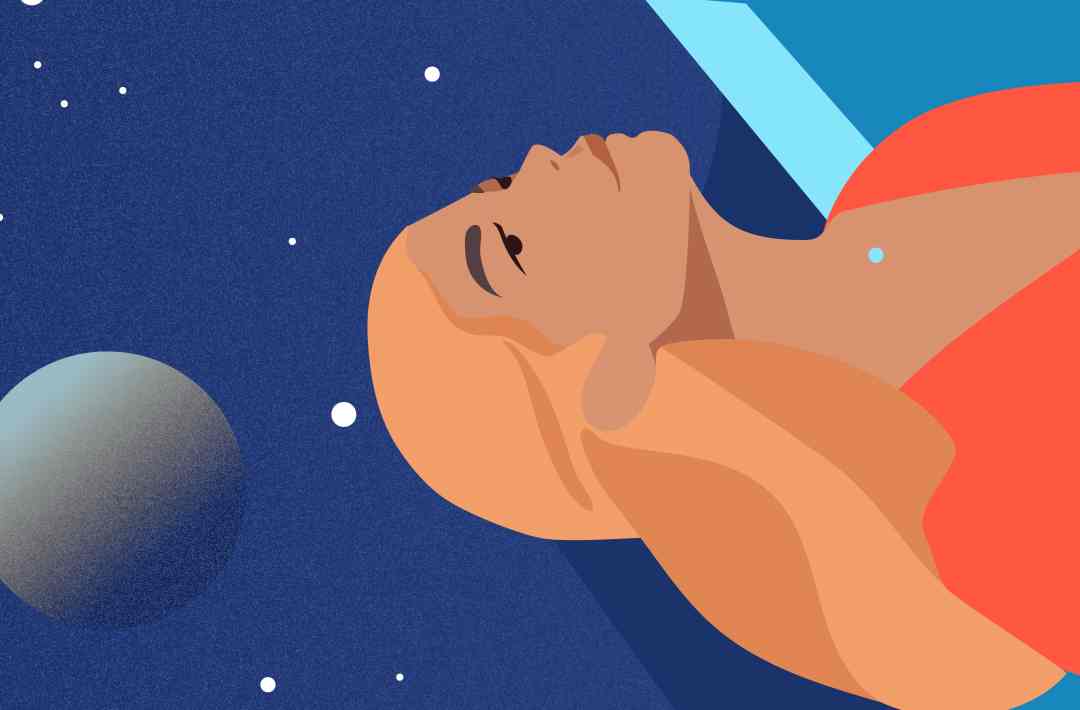

There’s nothing like visiting your parents to help you assess the origins of your personality traits. From my mother, I received endless energy, obstinance, and curiosity—though I tragically did not receive superb hand-eye coordination. From my father, I received resourcefulness, endurance, and a love of dancing—and, also tragically, I did not receive his ability to nap. He naps every single day and wakes up refreshed and kind. Unfortunately, I inherited my mother’s relationship to napping, which is either a complete non-starter situation or conking out for three hours and waking as irritable as we are confused.
Yet my mother and father do not know I can’t sleep at all in the middle of the day. In fact, they assume I’m quite the napper! That’s because every time I’ve visited for the holidays since I left for college, I regularly excuse myself for a daily afternoon lie-down. “Ugh, you’re so lucky you’re like Dad,” my sister will say. A neighbor who comes every Thanksgiving always makes the acorn-doesn’t-fall-far analogy.
The acorn has lied though. I’m almost never napping. I don’t believe it started this way, though. Without being fully conscious of it—“not being fully conscious” being a major attraction of this premise—I’ve been practicing the fake nap for years.
It started with a genuine aspiration to nap. Every time I returned home to my parents’ house—from college, first job, second job, zillionth job—for the holidays, I was very tired. I’d go into it thinking there would be a complete break from the sources of fatigue—no work! no social plans!—only to realize that there are, in fact, social plans galore. There are siblings and cousins and family friends and other people everywhere. And also can I help my parents clear out the basement? Of course I am a saint and very obliging, so I do really love to help. But home is not as peaceful and quiet as I always think it might be. My instinct for a break from all this hits me midday, so, I announce, “I’m going to take a quick nap.” The comfort of a childhood bed and washed-into-oblivion soft sheets call to me.
And then, as soon as I enter the privacy of my chambers, I am re-energized by the peace of my own company. I’m not that sleepy at all anymore.
I don’t enter into this ruse as a fib so much as a delusion: I really believe that I’m going to nap every time. I sometimes pretend to read. This is actually the biggest part of my attempts: I’ll grab a boring book from my parents or The Economist on purpose to lull me off. I forget that The Economist is actually very good and that Henry Miller writes hot sex books. There was also a line about napping in Tropic of Cancer (“a beautiful nap this afternoon that put velvet between my vertebrae”) that felt like an acknowledgment of my schemes and also very enviable.
Over the years, I’ve spent the fake nap on bleak hometown Tinder or texting faraway loves or snuggling a partner. I sometimes do my gentle physical therapy exercises. I sometimes must scroll. Mostly I just close my eyes and almost sleep. No matter what, I know that I’ve acquired a half-hour, a full hour, where I can be quiet, unbothered, and sleepy. It’s more than a way to snatch alone time; it’s a way to acquire very sacred unstructured time.
If this appeals, and you’re similarly nap-inept, I have so many tips. The big thing is that because you lied and said you were napping, you must create the illusion of napping. Lights off, get under the covers, pretend to take it seriously. Recruit the dog, the nap masters of the universe. If you live this life: Turn on the noise machine. If you don’t live this life, leave us be, we don’t owe you any explanation.
You can’t be noisy, because you’ll give away your ruse. No powering-on sound of the laptop. No responding to the extended fam group chat, which you’re obviously reading. It’s not just that you can’t break the illusion for other people—you can’t break the illusion for yourself. The mimicry of napping, I can report after years and years, is its own particular form of energizing. And the ways in which it’s relaxing require all the trappings of napping, even if you’re not actually doing it.
A friend of mine who is actually able to take real naps says she likes taking this rest as something to break up socially taxing days. It splits up the morning and afternoon into reasonable chunks. Another friend reminds me that “taking a nap” was once a cue to a then partner to sneak away during family trips for day-sex. She also reminded me that being almost asleep, like first waking up in the morning when you don’t set an alarm, is a total bliss feeling, when your body is asleep but your brain is just aware of it. That’s the stuff to put velvet in your spine.
Even though, as stated before, I am a saint, the secretive pleasures of some harmless deception are very nice. For me, it’s restorative not just to take a break, but to have a little secret just for myself. And I return to the crew feeling helpful and perfect again—still like my mom, unable to nap, but like my dad, refreshed and kinder with more energy. The nap, which wasn’t real, worked.
















